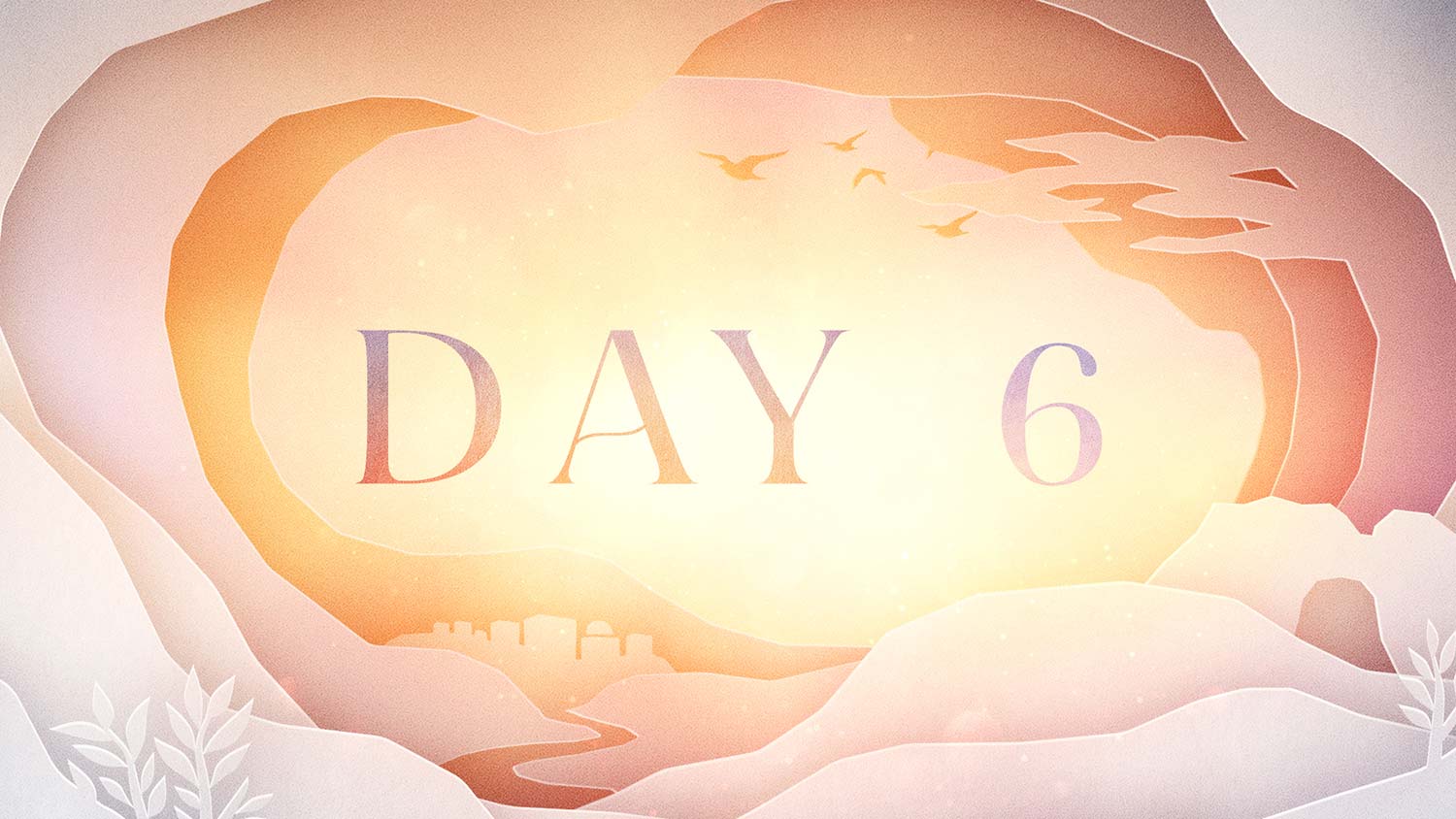
Thursday night, Jesus had his final meal with his disciples, then went to the Garden of Gethsemane to pray, where he was betrayed by Judas Iscariot and arrested by the temple guards.
He was then brought before the Jewish leaders, who didn’t really have the authority to execute anyone, so they sent Jesus to the Roman governor, Pilate, for trial. Although Pilate found no guilt in Jesus, he was pressured by the crowd to sentence him to death.
Jesus was beaten, mocked, and forced to carry his own cross to the place of execution, called Golgotha. There he was crucified along with two criminals and died after hours of agony on the cross.
In spite of this gruesome event, this Friday has come to be known as Good Friday—the day that represents when Jesus gave his life as a payment for the sins of the world. Listen to Matthew’s eyewitness account from the Gospel of Matthew 27:27–50.
Then the governor’s soldiers took Jesus into the Praetorium and gathered the whole company of soldiers around him. They stripped him and put a scarlet robe on him, and then twisted together a crown of thorns and set it on his head. They put a staff in his right hand. Then they knelt in front of him and mocked him. “Hail, king of the Jews!” they said. They spit on him, and took the staff and struck him on the head again and again. After they had mocked him, they took off the robe and put his own clothes on him. Then they led him away to crucify him.
As they were going out, they met a man from Cyrene, named Simon, and they forced him to carry the cross. They came to a place called Golgotha (which means “the place of the skull”). There they offered Jesus wine to drink, mixed with gall; but after tasting it, he refused to drink it. When they had crucified him, they divided up his clothes by casting lots. And sitting down, they kept watch over him there. Above his head they placed the written charge against him: This is Jesus, the king of the Jews.
Two rebels were crucified with him, one on his right and one on his left. Those who passed by hurled insults at him, shaking their heads and saying, “You who are going to destroy the temple and build it in three days, save yourself! Come down from the cross, if you are the Son of God!” In the same way the chief priests, the teachers of the law and the elders mocked him. “He saved others,” they said, “but he can’t save himself! He’s the king of Israel! Let him come down now from the cross, and we will believe in him. He trusts in God. Let God rescue him now if he wants him, for he said, ‘I am the Son of God.’” In the same way the rebels who were crucified with him also heaped insults on him.
From noon until three in the afternoon darkness came over all the land. About three in the afternoon Jesus cried out in a loud voice, “Eli, Eli, lema sabachthani?” (which means “My God, my God, why have you forsaken me?”).
When some of those standing there heard this, they said, “He’s calling Elijah.”
Immediately one of them ran and got a sponge. He filled it with wine vinegar, put it on a staff, and offered it to Jesus to drink. The rest said, “Now leave him alone. Let’s see if Elijah comes to save him.”
And when Jesus had cried out again in a loud voice, he gave up his spirit.
Heavenly Father, today we’re reminded of the pain and suffering Jesus endured so that we would be forgiven of our sins. May we never forget or lose sight of the cost involved when it came to restoring a broken relationship with you. We are grateful to you for sending your Son, Jesus, making a way for us to come near to you, and for giving us the opportunity to come to you in prayer. In Jesus’s in Jesus’s name. Amen.